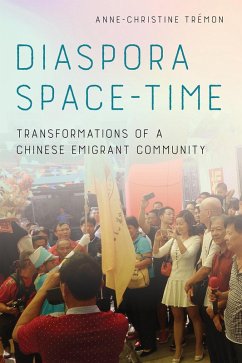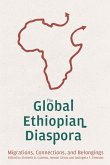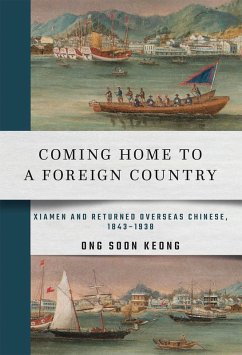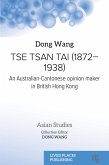Diaspora Space-Time explores the transformations of Pine Mansion-a Shenzhen former emigrant community-and its members' changing relationship with their diaspora around the world. For more than a century, inhabitants of Shenzhen's villages have migrated to Southeast Asia, the Pacific, North and South America, and Europe. With China's economic global ascendancy, these villages no longer consist of peasants dependent on their rich overseas relatives. As the villages have become part of the special economic zone of Shenzhen, the megacity that embodies China's rise, emigration has waned.
Lineage ties have long been central in choosing migration destinations and channeling donations to village projects. After China's reopening, Shenzhen's villagers used diaspora as a resource to participate in the city's booming economy and to reestablish and protect their ritual sites against government plans. As overseas financial contributions diminish and diasporic relations change, Anne-Christine Trémon highlights the way emigration is being reconceptualized in regards to China's changing position in the world, offering a new perspective on Chinese globalization and the politics of scale-making.
Lineage ties have long been central in choosing migration destinations and channeling donations to village projects. After China's reopening, Shenzhen's villagers used diaspora as a resource to participate in the city's booming economy and to reestablish and protect their ritual sites against government plans. As overseas financial contributions diminish and diasporic relations change, Anne-Christine Trémon highlights the way emigration is being reconceptualized in regards to China's changing position in the world, offering a new perspective on Chinese globalization and the politics of scale-making.
Dieser Download kann aus rechtlichen Gründen nur mit Rechnungsadresse in A, D ausgeliefert werden.









